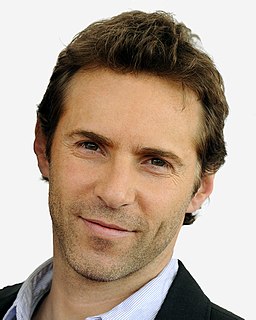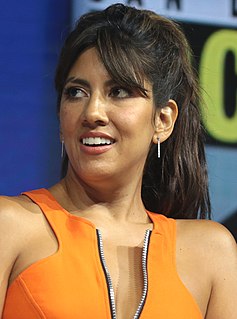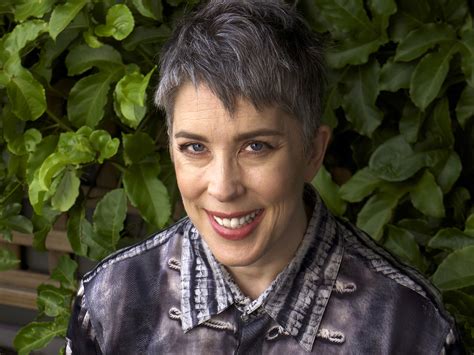A Quote by Studs Terkel
That's why I wrote this book: to show how these people can imbue us with hope. I read somewhere that when a person takes part in community action, his health improves. Something happens to him or to her biologically. It's like a tonic.
Related Quotes
For most people, what is so painful about reading is that you read something and you don't have anybody to share it with. In part what the book club opens up is that people can read a book and then have someone else to talk about it with. Then they see that a book can lead to the pleasure of conversation, that the solitary act of reading can actually be a part of the path to communion and community.
What you and I might rate as an absolute disaster, God may rate as a pimple-level problem that will pass. He views your life the way you view a movie after you've read the book. When something bad happens, you feel the air sucked out of the theater. Everyone else gasps at the crisis on the screen. Not you. Why? You've read the book. You know how the good guy gets out of the tight spot. God views your life with the same confidence. He's not only read your story...he wrote it.
Tonight, somewhere in America, a young person, let's say a young man, will struggle to fall to sleep, wrestling alone with a secret he's held as long as he can remember. Soon, perhaps, he will decide it's time to let that secret out. What happens next depends on him, his family, as well as his friends and his teachers and his community. But it also depends on us - on the kind of society we engender, the kind of future we build.
Every relationship for a Christian is an opportunity to love another person like God has loved us. To lay down our desires and do what's in his or her best interest. To care for him or her even when there's nothing in it for us. To want that person's purity and holiness because it pleases God and protects him or her.
In part I'm just mystified. Here's a woman, Hillary [Clinton], who wrote a book about it takes a "village" to raise children. It wasn't about a book about "it takes a pill." There's a "double think" that the modern person often has. Anything that's called "science" is accepted as an absolute and sweeps reason away.
I don't separate Robert DeNiro's comedy from the serious stuff. The one thing I realize working with him in all of his work, is that he doesn't do anything unless something happens to him in scenes - unless something happens to make him react. He never came in with a set idea of how he was going to do it, he never came in with guns blazing. He would just show up and wait to see what happened.
I re-read The History of White People by Nell Irvin Painter. It's a book every one should read, particularly Americans, as the USA is her primary focus. Her book demonstrates that white is not universal, that white is not neutral, that it has a history, which she eloquently delineates. It's not often you finish a book understanding how the world operates better than before you read it.
































